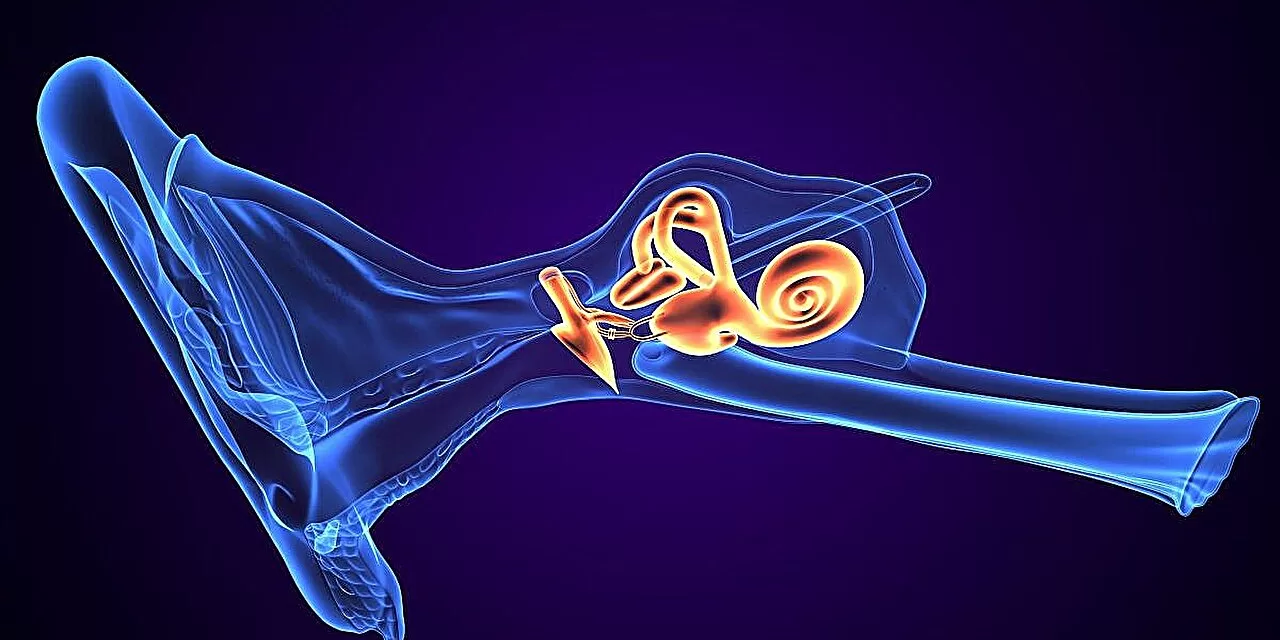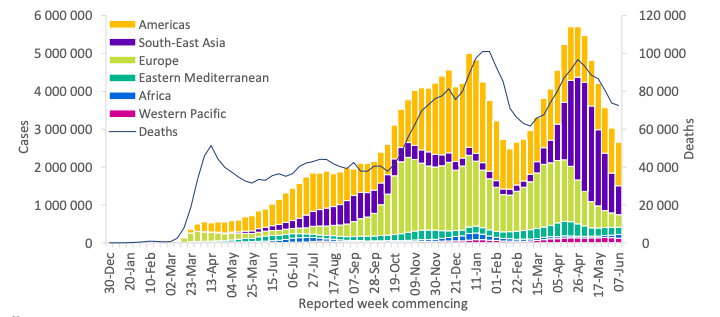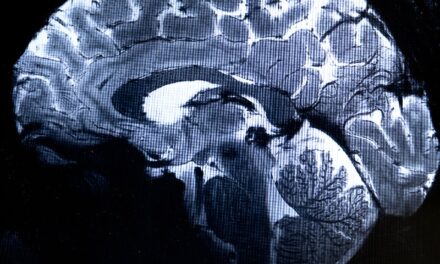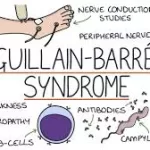February 2, 2025
A recent study published in PLOS ONE has revealed that Triple Semicircular Canal Plugging (TSCP) is highly effective in alleviating vertigo symptoms for patients suffering from Meniere disease (MD), but it comes with a potential risk of hearing loss. This systematic review and meta-analysis, conducted by Jia Quan Zhu and colleagues from Fengdu General Hospital in Chongqing, China, examined the outcomes of TSCP in 367 MD patients from seven different studies.
The research highlights a vertigo control success rate of an impressive 99 percent in patients undergoing TSCP. However, the analysis also showed that around 22 percent of patients experienced some degree of hearing loss following the procedure. This finding underscores the trade-off between alleviating vertigo symptoms and preserving hearing in individuals with MD.
The study also explored the impact of disease duration and follow-up time on the results. It found no significant differences in hearing loss or vertigo control outcomes based on how long the patients had been suffering from MD or the length of follow-up. However, a closer look revealed that patients with a shorter disease duration (less than 12 months) had a slightly better vertigo control rate of 100 percent, while patients with a disease duration greater than 12 months had a control rate of 99 percent.
While TSCP appears to be an effective solution for patients who have not found relief through conventional treatments or non-destructive surgeries like the endolymphatic sac procedure, the potential risk of hearing loss remains a concern. As the authors note, TSCP offers a significant benefit for vertigo relief while often preserving residual hearing, which is vital for many MD patients.
“In MD patients who have failed to control the symptoms by conventional treatment or nondestructive surgery, TSCP can not only effectively relieve vertigo but also preserve residual hearing in most patients,” said the authors of the study.
Disclaimer: This news article is based on a systematic review and meta-analysis published in PLOS ONE on December 5, 2024. The findings presented are based on the authors’ research and are not a substitute for medical advice. Always consult with a healthcare provider for individual diagnosis and treatment options.











